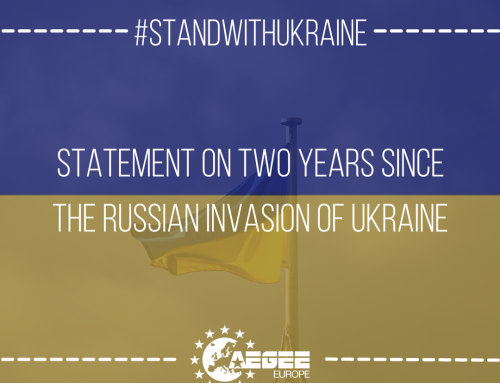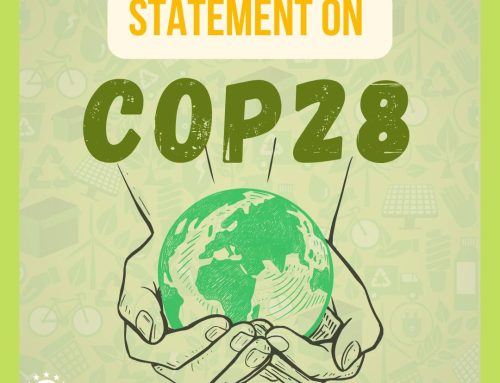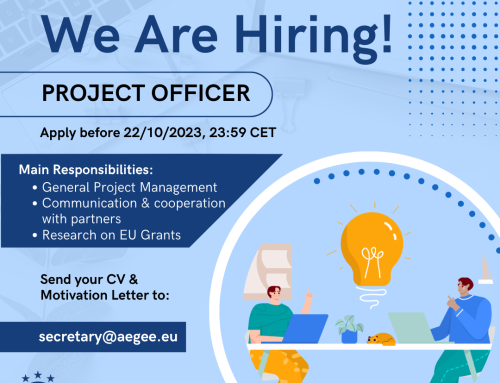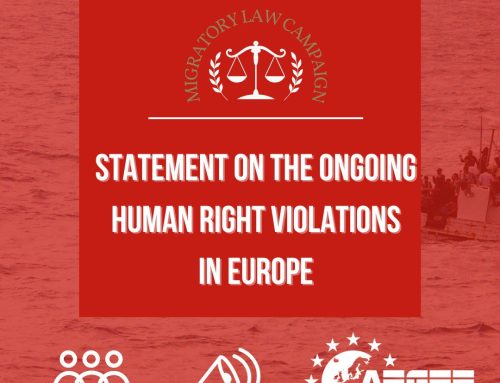Joint press release of AEGEE-Europe and MEP Victor Negrescu.
The spring of 2024 is an appropriate moment to discuss how Europe is seen through the lens of education, but also to propose concrete actions for the European mandate 2024-2029 and the long-term future.
European Student Forum AEGEE-Europe and MEP Victor Negrescu, Vice-Chair of the Committee on Culture and Education, organized on March 5, 2024, in the building of the European Parliament in Brussels the “Agenda 2024-2029: Education” debate. On this occasion, the AEGEE report on the perspectives of educational policies in the 2024-2029 mandate was presented.
“We have identified, over the last months, segments that require rapid development, such as digital literacy, pedagogical skills of the teachers or support to innovate education. We also analysed the impact of the twin transition in educational policies, but we also proposed new ideas, such as the development of the Erasmus beyond Europe program“, stated Kirsten Broekema, president of AEGEE-Europe.
Organizations involved in the development of educational policies, as well as representatives of the European institutions, openly discussed at the event what is realistic for the next five years from the point of view of a European education adapted to the citizen’s needs.
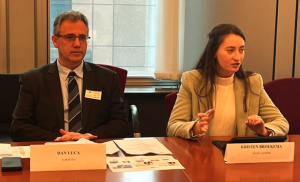
“The future of education is now and we need to act together. We need to boost citizenship education, tackle the skills deficit and define key areas for training and reskilling, but we also need to modernize the education system and learn how to use new technologies to support education, without leaving anyone behind. I call for the creation of a European Education Plan with financial resources to support quality of education and teacher training, and reduce early school drop-out rates. If we are seriously thinking about the future of Europe, then we must think strategically about the future of education.”, stated MEP Victor Negrescu, Vice-Chair of the Committee on Culture and Education.
The participants realized the importance of the current moment, proposing that European education occupy a central role both on the agenda of European institutions and EU member states.
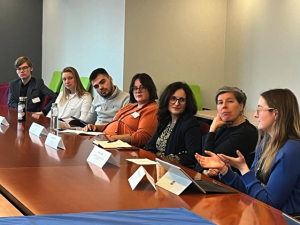
The European Commission must focus their strategic priority over the period 2024-2029 on a development of European education, a new leap in this field like the one realized in the 1990s, and the idea of a Vice-President of the European Commission responsible for European education can give a clear signal to everyone. Participants to the event also welcomed the creation of a European Year for Education.
In order to give European education the necessary importance, it was suggested launching an Intergovernmental Conference in the spring of 2025 to present the integrated vision of the Member States and the EU on the educational perspective for 2040.


